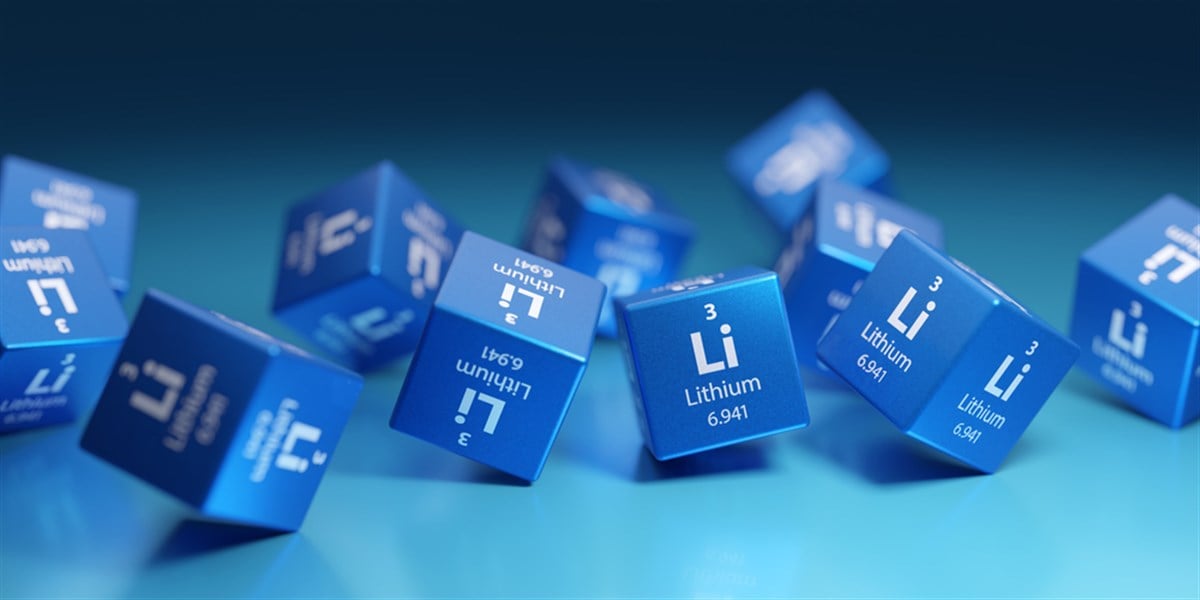
The push toward new, more efficient, rechargeable batteries across multiple industries has driven demand for lithium skyward. Total global demand for the precious metal increased from 101 kilotons in 2021 to 165 kilotons in 2023, according to the International Energy Agency. Demand is forecasted to more than triple to 531 kilotons annually by 2030.
The lithium industry was recently shaken up in early October when Rio Tinto Group (NYSE: RIO), a major mining company known for its focus on bauxite, aluminum, and gold, among other resources, announced that it would acquire lithium producer Arcadium Lithium plc (NYSE: ALTM) for $6.7 billion. This acquisition has driven investor speculation that more legacy materials companies could get in on the lithium boom in order to position themselves to provide resources for batteries in electric vehicles, consumer devices, and mobile phones.
ALB: Boosting Lithium Sales, Restructuring
Albemarle Corp. (NYSE: ALB) is one of the only U.S.-based lithium producers, with a market capitalization of $11.1 billion. It has had difficulties with recent earnings, as it saw declining net income, and the company cut its net sales forecast as a result of pricing headwinds, among other factors. This has prompted shares to fall by more than 44% in the last year.
However, the potential for Albemarle to benefit from the continued rise in popularity of electric vehicles is immense. The company has plans to make its lithium operations more robust as underdeveloped projects come online in the near future. Tina Ting Hu of DBS has forecast that this could lead Albemarle to a 20% compound annual growth rate for sales volume through 2027. Analysts see the company's projected earnings growth reaching as high as 563%.
The company also recently announced a restructuring process to aid in building operational efficiency. Through this process, Albemarle's core business units of Energy Storage and Specialties will be combined into a fully integrated model.
SQM: Advantageous Position in Largest Lithium-Producing Country
Chile is a top-3 national producer of lithium, and Sociedad Química y Minera de Chile (NYSE: SQM), also known as SQM, is one of its leading lithium firms. Like Albemarle, SQM has also experienced a massive disparity compared with the performance of the S&P 500, as its stock has plunged by more than a third in the last year amid pricing issues. It now trades at just 62% of its 52-week high.
However, Chile is sitting on the largest lithium reserves in the world, and SQM is among the best-positioned companies globally to capitalize on this. For this reason, analysts have set a price target of $48.69 for shares, nearly 27% higher than current levels. Investors can also take solace in the fact that the Chilean government—which last year indicated plans to nationalize the country's lithium production—will not interfere with SQM's operations through the expiration of its contract in 2030.
MALRY: Focus in on Lithium Production
Australian lithium producer Mineral Resources Ltd. (OTCMKTS: MALRY) is only available to U.S. investors over-the-counter. Still, it may be well worth the inconvenience for investors looking to capitalize on a major lithium producer in another of the world's top countries for the metal. Mineral Resources has been ramping up lithium production at multiple sites; in the latest quarter, it reported record shipments from both its Wodgina and Mt. Marion operations, with year-over-year increases of 41% and 46%, respectively.
The company has also been streamlining its operations by reducing some of its stake in iron mining properties. It sold off its 49% interest in the Onslow Iron project earlier this year. This should free up resources to focus in on its rapidly-growing lithium mining operations.
Lithium Producer Fate Tied to EV Industry
The performance of lithium producers is linked to the EV industry, which has broadly suffered from supply chain challenges, semiconductor shortages, and other hindrances in recent quarters. Still, adoption rates for EVs are booming worldwide, and there is reason to believe this will continue into the future, further fueling demand for lithium as a key component in automotive batteries. Each of the firms above offers reasons for investors interested in capitalizing on this demand to look more closely.




